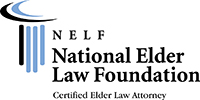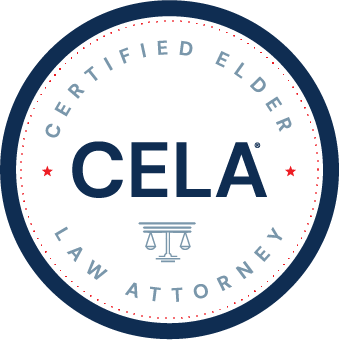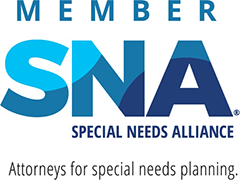Recently, a client came to my office to discuss her estate plan. Her husband had died about two years ago, and she wanted to make sure that her children did not have to probate her estate when she died. My client had heard about living trusts, but was unsure whether a living trust would be right for her situation. When I asked about her family and assets, she told me that she had four children and had put her daughter's name on her home. Although my client had named her daughter on most of her bank accounts, she had listed the other children, as a joint tenant, on at least one bank account or certificates of deposit. When I asked why she had arranged her accounts in this matter, she told me that she trusted her daughter and that it seemed like a "convenient" way to pass her property and avoid probate.
What my client had done is quite common. She did not want her four children to go through probate, and she trusted her daughter to do the right thing. I told my client that there are a number of reasons why it may not be advisable, even dangerous, to transfer her property into the joint names with her children, or to put property into a child's name alone.
Potential problems of designating your child as a joint owner on your property
When you designate your child as a joint owner on your property, your child becomes an equal owner to the property. This means my client will not be able to sell her home (or borrow against it) without her daughter's approval. If my client would transfer the home to her daughter's name alone, she has given her daughter the complete power to sell the home, encumber it with loans or even evict my client if she and the daughter later disagree.
considerations before designating a child as a joint owner
Even if my client is justified in trusting her children so completely, there are still multiple problems that she needs to consider. The following is a list that everyone should consider before designating a child as a joint owner:
- If the child declares bankruptcy, develops a tax problem with the IRS, gets sued, or becomes involved in a divorce, the bank accounts and home might be affected. Even if my client could show that she still lives in the home, she will incur substantial legal fees to prove her ownership.
- Some states offer property tax abatements to seniors. A transfer of ownership of the home may cause my client's home to lose favorable property tax treatment.
- If my client becomes incompetent and the daughter is required to pay my client's bills, a serious dispute may arise over which account the bills should be paid from. For example, if my client went to a nursing home or assisted living facility, the other children will not want their account being used to pay the bills. The daughter will be inviting a lawsuit from her siblings if she spends the money that is designated to pass to her siblings prior to spending the money that is designated to pass to the daughter. This arrangement almost assures that some children will be left with nothing and other children will receive the full amount of their accounts.
- Upon my client's death, her daughter may or may not choose to share the home and the other accounts with my client's other children. The daughter may claim that she is entitled to this money because she took care of mom and the other siblings did nothing. Any money or property that the daughter does transfer back to her siblings after my client's death will constitute a gift from the daughter to her siblings and may require the filing of a gift tax return.
- Although the chances may be small, there is always a chance that the child may predecease my client. This may mean that my client's property is passing to in-laws.
- If my client transfers her home to her daughter, the daughter will be hit with a large capital gain tax when the daughter sells the home. The capital gain tax would be avoided if the mother remained the owner of the property or passed the property to her children at her death.
- If my client may be denied medicaid if she requires nursing home care within three years after she had transferred the home to her daughter. This problem can be compounded if the daughter had mortgaged the property or used the property as collateral to secure a loan.
Conclusion
My client was surprised to learn how the simple act of designating her children on her accounts could put her life savings and home at risk. While my client has not decided whether she will change her accounts, at least she can make an informed decision on the best way to pass her property.
Call (720) 200-4025 now or email us to find out how our attorneys can help with your Estate Planning needs.












